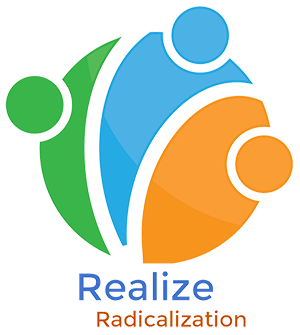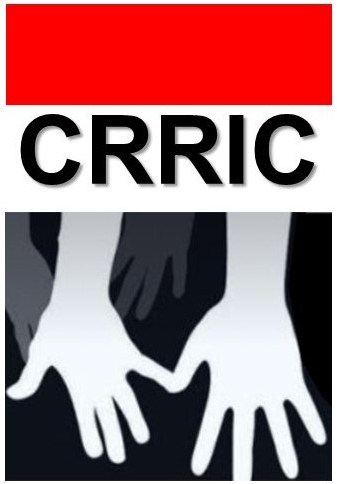[vc_row][vc_column][vc_separator css=”.vc_custom_1592076377183{padding-top: 15px !important;}”][vc_column_text]How does one advocate for change in systems that have historically been resistant to it? At the Conflict and Resilience Research Institute Canada’s (CRRIC) most recent webinar, Working Within and Outside the System, a group of esteemed community leaders sought to provide answers to that question.
The webinar, which was part of CRRIC and the Rotary Club of Winnipeg’s Peace Days series, featured three female trailblazers, including Noelle DePape, from the City of Winnipeg’s Community Development Division, Lorelei Higgins, the Anti-Racism Lead at the City of Calgary, and Bonnie Emerson, the Inspector of the Community Support Division at the Winnipeg Police Service. David G. Newman, the co-chair of the Rotary Club of Winnipeg’s peacebuilder committee and Dr. Kawser Ahmed, the executive director of CRRIC facilitated the discussion. All three trailblazers were educated in peace, conflict prevention and resolution as Rotary Peace Fellows.
As a leader in the non-profit sector, DePape spoke about the importance of making sure a wide range of community voices are brought to the table when drafting policies and programs. Crucially, the impacted communities must be given the onus to pave the way.
“I really believe in the idea of ‘nothing about me without me’,” DePape said.
Many times, DePape said the organizations she worked for ended up “banging their heads on systems that were really rigid.” However, adopting a co-creation model—where numerous community groups and individuals are given the licence to collaborate—allowed them to jump those hurdles.
Higgins echoed the importance of the co-creation model, sharing an anecdote from her time working for Global Affairs Canada in Bolivia. When Higgins participated in “hammock time”, engaging in direct conversations with the community, her group achieved more than they could’ve ever imagined.
Having worked as an advocate for Indigenous representation within the City of Calgary for 14 years, Higgins also emphasized the importance of anti-racism and decolonization work within institutions.
“At the end of the day, if we don’t ground our anti-racism movements in our colonial history, I think we’re doing a huge disservice,” Higgins said.
As the highest-ranking Indigenous person in the Winnipeg Police Service (WPS), Emerson spoke about representation, accountability and change within policing. While working on the frontlines, she said her prior work as a peace fellow helped her develop an approach to policing that emphasizes the need to respond in the most peaceful way possible.
“I started seeing connections in places that people normally wouldn’t,” she said. “I saw these connection points within the police system—why aren’t we working with the community?”
Seeing the connection between systemic inequities and crime is what pushed Emerson to advocate for community collaboration within the WPS.
All the panellists agreed that significant challenges arise while trying to change rigid, slow-moving systems. At the same time, all were confident that the work they were doing was contributing to positive change within the system at large—whether it be working to provide newcomers with vocational skills or advocating for the representation of marginalized communities in positions of power.
Further reading:
https://socialinnovationexchange.org/sites/default/files/uploads/co-creation_guide.pdf
https://theconversation.com/how-to-start-decolonising-your-business-141750
https://www.cbc.ca/news/canada/training-courses-teachers-black-anti-racism-1.6074119
https://opentextbc.ca/indigenizationfrontlineworkers/chapter/decolonization-and-indigenization/
http://trc.ca/assets/pdf/Calls_to_Action_English2.pdf[/vc_column_text][/vc_column][/vc_row]




